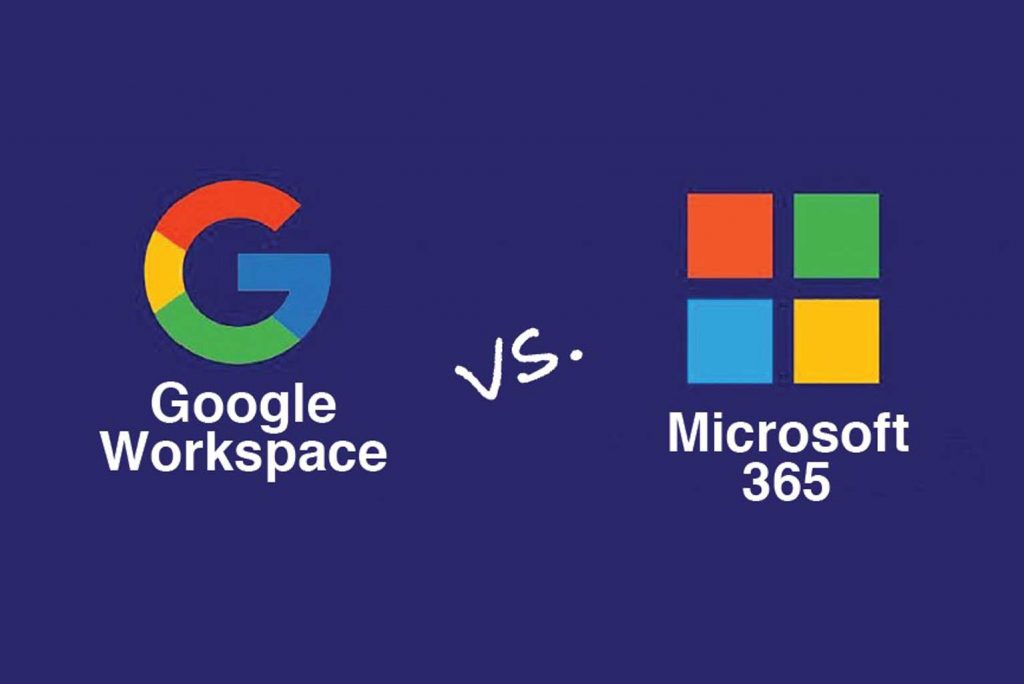-
Optimize Your Website for Keywords: Keywords are the foundation of any successful SEO (Search Engine Optimization) strategy. Start by conducting thorough keyword research to identify relevant terms and phrases that users are searching for. Once you have a list of target keywords, strategically incorporate them into your website’s content, meta tags, headings, and URLs. However, remember to maintain a natural flow of language and avoid overstuffing keywords, as it can harm your ranking. Optimizing your website for keywords helps search engines understand the relevance of your content, ultimately improving your ranking.
-
Create High-Quality and Engaging Content: Content is king, and Google places great importance on high-quality, informative, and engaging content. Create valuable content that addresses the needs and interests of your target audience. Aim for originality, accuracy, and relevance while presenting information in a user-friendly format. Incorporate multimedia elements like images, videos, and infographics to enhance the overall experience. Additionally, regularly updating your content and publishing fresh articles or blog posts demonstrates your website’s activity, which search engines appreciate.
-
Build High-Quality Backlinks: Backlinks, also known as inbound links, are links from other websites that direct users to your website. Google considers backlinks as a vote of confidence, indicating that your content is valuable and trustworthy. Focus on acquiring backlinks from reputable and authoritative websites in your industry. Some effective strategies for building backlinks include guest posting, creating shareable content, influencer outreach, and participating in relevant online communities. However, avoid purchasing backlinks or engaging in spammy practices, as Google penalizes such actions.
-
Enhance Website Speed and Mobile-Friendliness: User experience plays a vital role in Google’s ranking algorithm. A slow-loading website can discourage users and negatively impact your ranking. Optimize your website’s speed by minimizing file sizes, leveraging browser caching, and choosing a reliable hosting provider. Additionally, ensure your website is mobile-friendly and responsive, as an increasing number of users access the web through mobile devices. Google favors websites that provide a seamless browsing experience across different devices, leading to better rankings.
-
Improve On-Page SEO: On-page SEO refers to the optimization of individual web pages to improve their search engine visibility. Start by optimizing your page titles, meta descriptions, and headings to include relevant keywords. Create descriptive URLs that are easily understandable and contain targeted keywords. Incorporate internal links within your content to enhance navigation and provide users with additional relevant information. Additionally, optimize your images by using descriptive alt tags and compressing their file sizes. These on-page SEO techniques can significantly contribute to improving your Google ranking.
Improving your Google ranking requires a combination of various strategies and consistent effort. By implementing these five effective techniques, you can enhance your website’s visibility, attract more organic traffic, and ultimately achieve better rankings. Remember, SEO is an ongoing process, and staying up-to-date with the latest trends and algorithm changes will help you stay ahead of the competition. Keep refining your SEO strategy, monitor your progress using analytics tools, and adapt your approach as necessary to achieve long-term success in the digital landscape.





